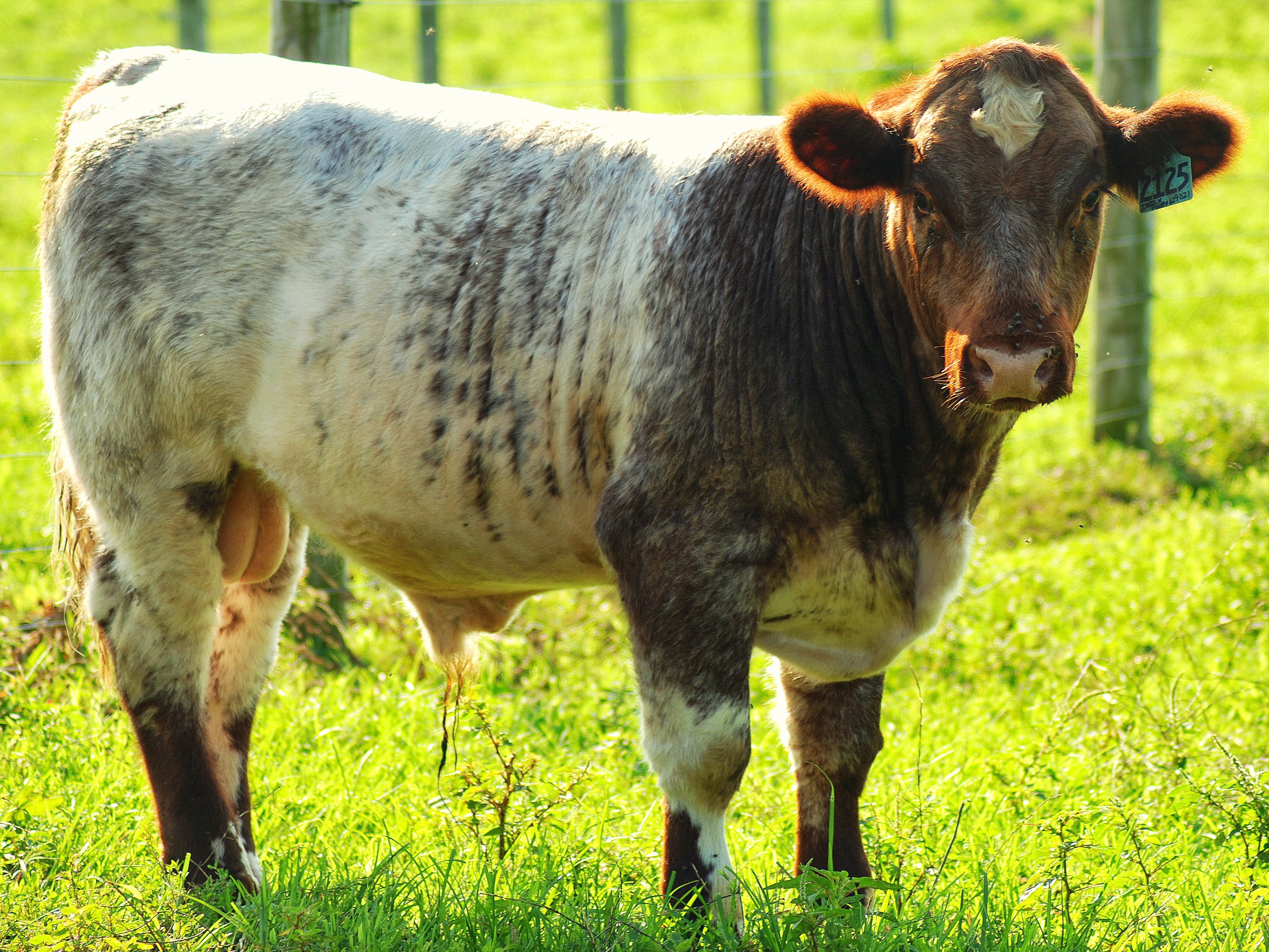
Consumers have always wanted safe food. Due to concerns for beef safety, in 1980 cattlemen began investigating in ways to ensure that their production practices would pass the scrutiny of the consumer.
In 1982, the United States Department of Agriculture Food Safety Inspection Service (USDA-FSIS) began working with the beef industry to develop the Pre-Harvest Beef Safety Production Program.The beef industry adopted the term Beef Quality Assurance (BQA).
Implementing BQA practices provides cattlemen an important key for avoiding additional government regulation. Voluntary producer driven programs have proven very successful and will continue to allow the industry the flexibility needed to produce safe, wholesome food in an economical manner.
Between 1982 and 1985, three feedlots and USDA-FSIS evaluated production practices to assess residue risks. In 1985, after careful analysis and adjustment of production practices, these three feedlots were certified by the USDA-FSIS as Verified Production Control feedlots.
What was learned during those three years now serves as the backbone for the National Cattlemen’s Beef Association’s (NCBA) BQA program. Success of the effort is clear; volatile chemical residues have almost disappeared in fed beef cattle and injection site lesions have been reduced by more than 67 percent.
